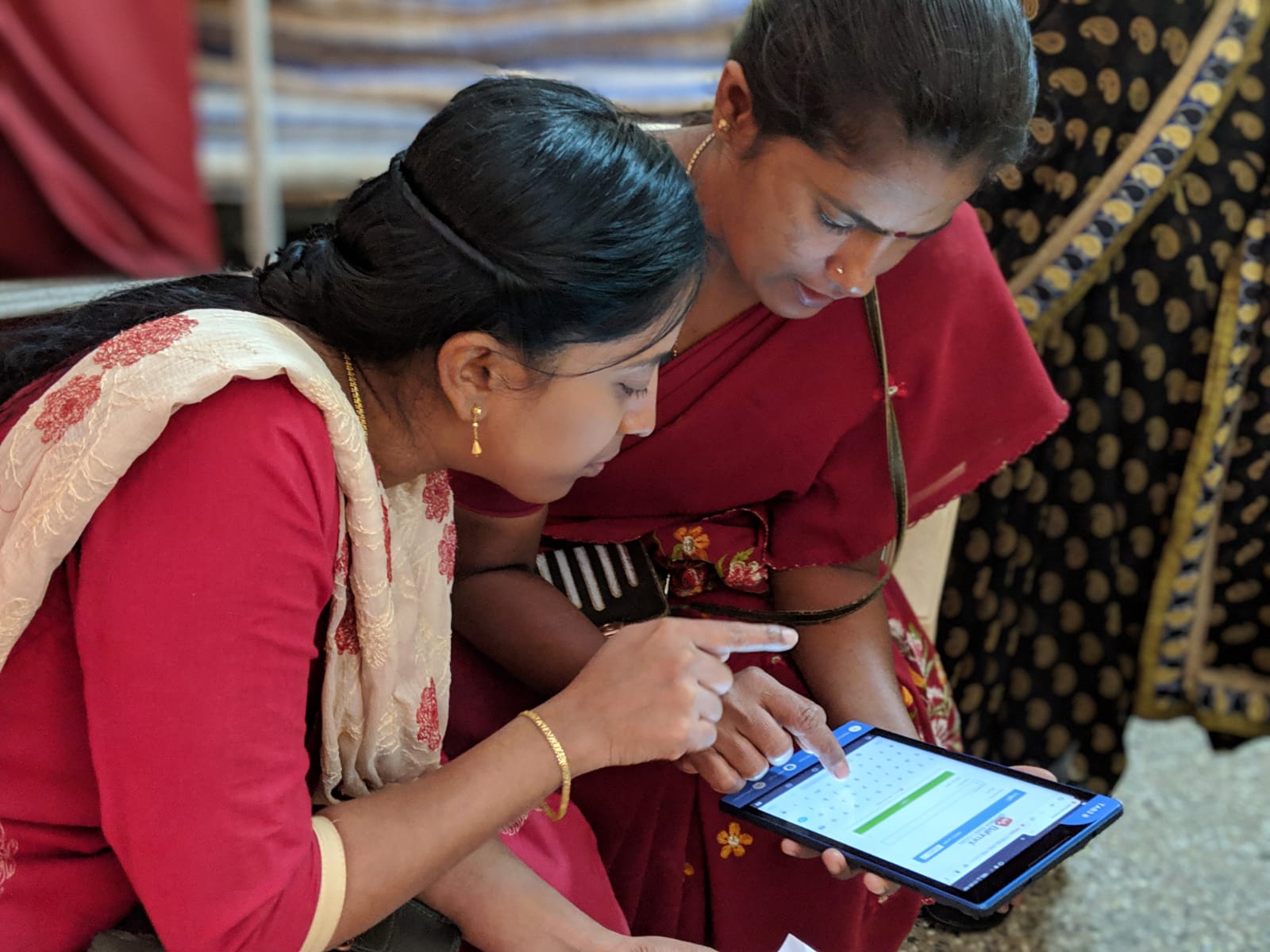World Breastfeeding Week is celebrated from August 1-7 every year by 120 countries. The aim of the week is to remind everybody that each of us have a role in protecting, promoting, and supporting breastfeeding. Keeping in mind this year’s theme – ‘Step up for Breastfeeding: Educate and Support’, we asked Suchi Mahajan, Senior Director at Global Health Strategies, a few common questions that may arise for a new breastfeeding parent.
Why is breastfeeding important?
Breastfeeding is the best foundation for a child’s health and nutrition – it gives children the healthiest start in life. It is a high-impact, cost-effective solution for saving children’s lives and giving them a chance to survive and develop to their full potential.
Evidence shows that compared to new-borns who were put to the breast within an hour of birth, the risk of dying in the first 28 days of life is 41% higher for those who initiated breastfeeding 2-23 hours after birth, and 79% higher for those who initiated one day or longer after birth.
The first 1000 days of life (from conception till the child is two years old) is the first window of opportunity in implementing healthy practices – ensuring optimal and adequate nutrition for the new-born throughout, contributes towards increased physical and cognitive development in the child.
What are the benefits of breastfeeding?
A few of the many benefits of breastfeeding are:
- Breastfeeding within one hour of birth protects the new-born from infections and reduces the risk of death in the first month of life
- Breastfeeding within one hour of delivery reduces the mother’s risk of morbidity and mortality
- Women who breastfeed have a decreased risk of breast and ovarian cancers and of some cardiovascular diseases
- Skin-to-skin contact with the mother during breastfeeding keeps the new-born warm and reduces the risk of child’s death due to hypothermia
- Breastfeeding mitigates inequities in access to health services
Should I start breastfeeding my baby immediately after I give birth? Till what age should I continue breastfeeding my child?
Optimally, breastfeeding should be started immediately after birth – within the first hour. However, in India, less than 50% of new-borns (41.6%) are breastfed within an hour of birth. Exclusive breastfeeding should continue till 6 months of age, followed by complementary feeding and continued breastfeeding till 2 years of age. For mothers who deliver through caesarean section (c-section), early initiation of breastfeeding can be done with support from a lactation consultant.
I have heard breastfeeding is painful. Is this true?
Some mothers can experience challenges (cracked nipples, sore nipples) due to incorrect latching/positioning which can be painful in the first few days after the birth of the child. However, with the right support on the positioning and the latching of the baby, these issues can be avoided. It is advisable to reach out to skilled professionals like lactation consultants who can help address challenges related to breastfeeding.

How do I recognize that my baby is hungry? What are the signs?
Up to six months breastmilk is all that the new-born requires. Some signs to look for to when the baby is hungry:
- Putting hand to mouth,
- Turning head towards breast/bottle, licking lips
At six months, the baby is growing quickly and needs energy and nutrient packed food to support their growth and is the ideal time to start with solid foods. Your baby may be hungry if they are:
- Reaching for or pointing to food
- Opening his or her mouth when offered a spoon or food
- Uses hand motion or sounds to let you know that they are hungry
How do I know if I am healthy enough to breastfeed? I fear transferring infections to my baby. Do I need to get any tests done?
Seeking medical help is advisable if a mother feels sick or ill. Experts suggest that when a mother falls ill, she produces antibodies in her breastmilk to fight the infection, which are also passed on to the baby. Breastfeeding helps the new-born to fight infectious diseases because it strengthens the immune system by directly transferring antibodies from the mother.
Can I be on medication while breast feeding? If yes, which ones are safe?
It’s important to consult your doctor and inform them that you are breastfeeding before starting any medication. Also, carefully reading the instructions for over-the-counter medicines is important.
How can we provide a conducive environment in the workplace for new parents who are breastfeeding?
Breastfeeding parents should get all the support, necessary counselling, and a conducive environment to sustain breastfeeding for their children. Making the working environment conducive is essential for the health and development of children and the society as it complements optimal breastfeeding practices. It also reflects on an organization’s values that they care about its employees’ health and well-being, may lead to an increase in the retention of workers, increasing employee turnover rates, etc. An organization needs their employees to feel that they are supported and provided for. Supporting breastfeeding in the workplace has significant human and economic benefits. Some of the ways in which organizations can do this are:
- Provide breastfeeding rooms or spaces. This facilitates better balance between work and breastfeeding and increases a new parent’s sense of belonging and commitment to the company. It also creates a safe space for them to feed their child and feel at ease in the workplace.
- Provision of sufficient paid leave to all parents and caregivers, in both the formal and informal economies, to meet the needs of their young children (this includes paid maternity, paternity, and parental leave, and leave to care for sick young children).
- Providing child benefits and adequate wages to help families provide for young children.
- Sensitize other employees of the organization on the importance of breastfeeding and how others can support breastfeeding parents.
- Under the Maternity Benefit Act, 1961, breastfeeding mothers are to be given nursing breaks for a prescribed duration. Organisation must follow this guideline to develop a healthy working environment.




















